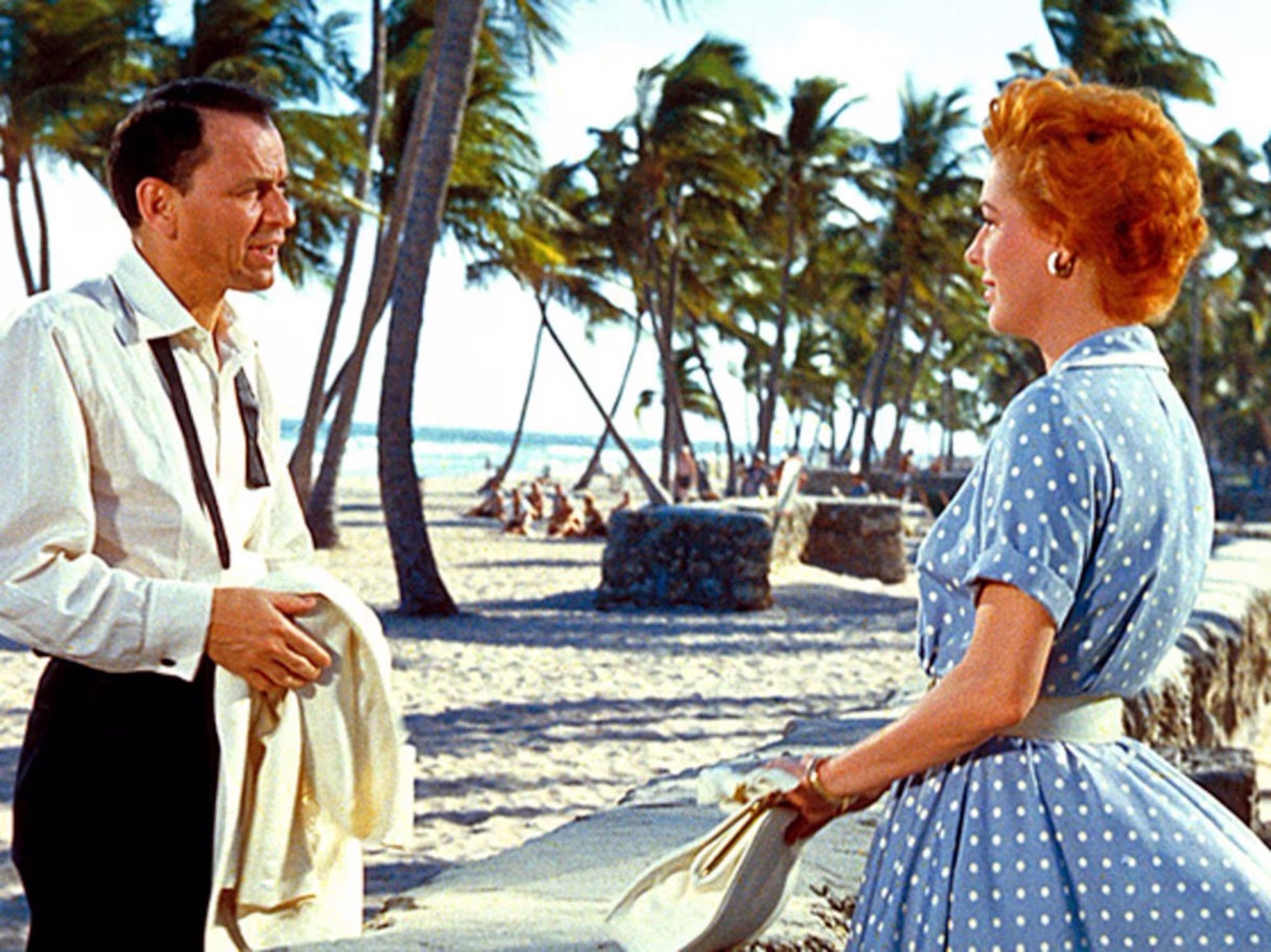Listen to this episode on Apple Podcasts or Spotify.
In part two of our season finale, we explore the final decade of John Huston’s life and career. As he was slowly dying of emphysema and undergoing massive turmoil in his personal life, Huston continued to work almost compulsively on both passion projects (The Man Who Would Be King, Wise Blood, Under the Volcano) and paycheck gigs (Annie). His career ended, fittingly, with two collaborations with the next generation of Hustons, Prizzi’s Honor and The Dead.
SHOW NOTES:
Sources:
The Hustons: The Life and Times of a Hollywood Dynasty by Lawrence Grobel
Watch Me: A Memoir (A Hollywood Memoir) by Anjelica Huston
John Huston: Interviews by Robert Emmet Long
Ready When You Are Mr. Spielberg, Mr. Coppola, Mr. Crowe by Jerry Ziesmer
“Beating the Devil: Thirty Years of John Huston,” Dupree Jones, Films and Filming, January 1972
“John Huston on Kipling, Hemingway and Jack Daniels,” Jim Watters, New York Times, February 15, 1976
“Wise Blood to be John Huston’s 1st Film Since King,” Dale Pollock, Variety, January 1979
“‘Wise Blood’; Huston’s 33d Feature,” Vincent Canby, New York Times, September 29, 1979
Video: “A Conversation with John Huston (1979)”
“Conversation with John Huston,” Claudia Dreifus, LA Herald Examiner, December 17, 1980
“How Huston Beats the Hollywood Odds,” Gregg Kilday, Saturday Review, January 1981
”John Huston Honored by Film World,” Aljean Harmetz, New York Times, March 5, 1983
“Huston’s Volcanic Vision,” Cathleen McGuinan, Newsweek, October 31, 1983
“The Private World of John Huston,” Roger C. Toll, House and Garden, February 1984
“Master Moviemaker John Huston Finds Unwedded Bliss As Mentor To His Caretaker, Maricela Hernandez.” People, March 10, 1985
“John Huston makes Prizzi’s honor his Fortieth Film,” Alan Karp, Boxoffice, July 1985
“Making a Name—Hers—For Herself,” Roderick Mann, Los Angeles Times, August 17, 1985
“John Huston, The Cinema’s Grand Old Man,” Jack McDonough, Wall Street Journal, June 30, 1987
“What A Life!,” David Elliott, San Diego Union, August 29, 1987
“Family Ties,” Tony Huston, American Film, September 1987
“John Huston 1906 - 1987,” Andrew Sarris, Village Voice, September 15, 1987
His Last Bow,” Kenneth Turan, GQ, December 1987
Please note: as an Amazon Associate, Karina earns from qualifying purchases. #ad
Music:
The music used in this episode, with the exception of the intro, was sourced from royalty-free music libraries and licensed music collections. The intro includes a clip from the film Casablanca.
Excerpts from the following songs were used throughout the episode:
Orange Cat - Daymaze
Fornax - Four Cluster
Sketchbook 2 - Thumbscrew
Grey River - Holo
Reflections - Bellow's Hull
Flatlands - Talltell
Fornax - Lacaille
Textiles - Mosic
Pacha Faro - Cab Ride
Cloud Harbor - SuzyB
Nursery - ZigZag Heart
Algae Fields - Algea Tender
Magenta - Coquelicot
Sunday at Slims - Two in the Back
This episode was written, narrated, edited and produced by Karina Longworth.
Our editor this season is Evan Viola.
Research, production, and social media assistant: Brendan Whalen.
Logo design: Teddy Blanks.

































































